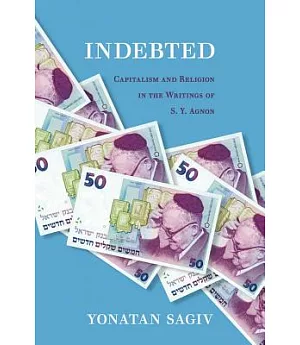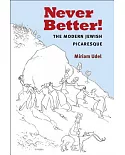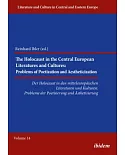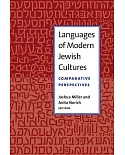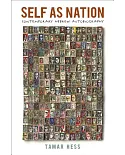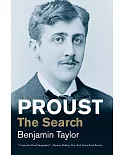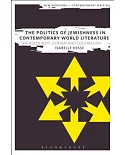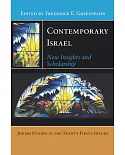"This is the first book to examine the oeuvre of Shmuel Yosef Agnon, 1966 Nobel laureate in literature, through a reading that combines perspectives from economic theory, semiotics,
psychoanalysis, narrative theory, and Jewish and religious studies. Sagiv outlines the vital role economy plays in the construction of religion, subjectivity, language, and thought in Agnon’s
work, and, accordingly, explores his literary use of images of debt, money, and economy to examine how these themes illuminate other focal points in the canonical author’s work, excavating the
economic infrastructure of discourses that are commonly considered to reside beyond the economic sphere. Sagiv’s analysis of Agnon’s work, renowned for its paradoxical articulation of the
impact of modernity on traditional Jewish society, exposes an overarching distrust regarding the sustainability of any economic structure. The concrete and symbolic economies surveyed in this
project are prone to cyclical crises. Under what Sagiv terms Agnon’s "law of permanent debt," the stability and profitability of economies are always temporary. Agnon’s literary economy,
transgressing traditional closures, together with his profound irony, make it impossible to determine if these economic crises are indeed the product of the break with tradition or,
alternatively, if this theodicy is but a fantasy, marking permanent debt as the inherent economic infrastructure of human existence"--

